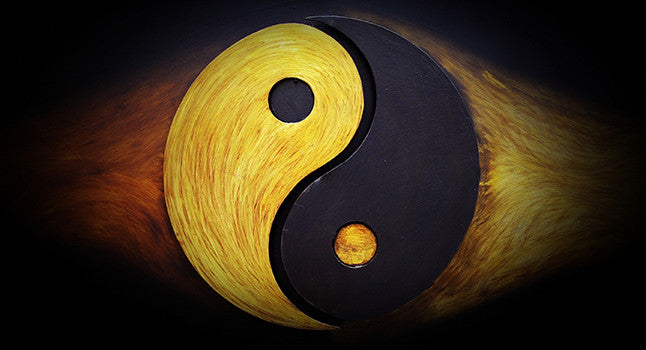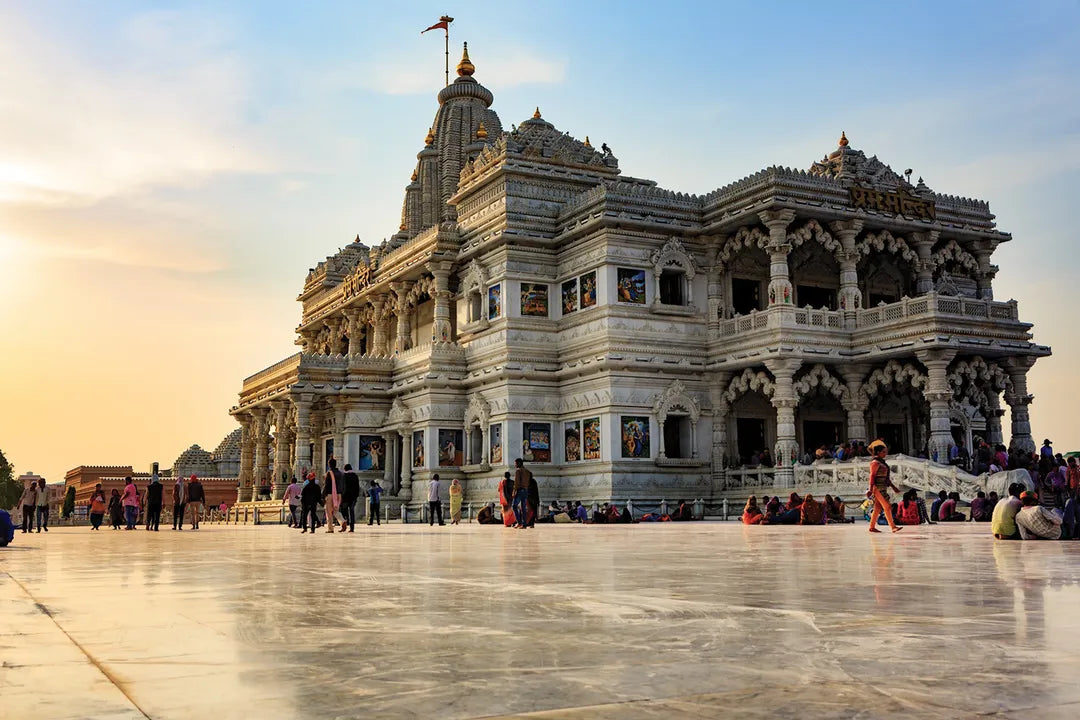
Understanding the concept of karma in Hinduism
Karma is a central concept in Hinduism, and is often used in popular culture to refer to the idea that one's actions have consequences. However, the concept of karma is much more complex and nuanced than this simplistic understanding. In this blog, we will explore the concept of karma in Hinduism, including its definition, its relationship to other Hindu concepts, and its role in shaping Hindu philosophy and practice.
Definition of Karma:
Karma is a Sanskrit term that literally means "action" or "deed". In Hindu philosophy, karma refers to the idea that every action has consequences, and that these consequences can either be positive or negative. According to Hindu belief, our actions in this life are not only shaped by our past actions, but also influence our future actions and experiences. This cycle of action and consequence is often referred to as the "law of karma".
Relationship to Other Hindu Concepts:
Karma is closely related to several other important concepts in Hindu philosophy. One of these is the idea of dharma, which refers to the natural order of the universe and the duty that individuals have to uphold that order. In Hindu belief, one's actions must be in accordance with dharma in order to avoid negative karma.

Another related concept is the idea of samsara, which refers to the cycle of birth, death, and rebirth. According to Hindu belief, one's karma in previous lives can influence one's experiences in this life, and can also shape one's future lives. The ultimate goal of Hindu philosophy is to break free from the cycle of samsara and achieve moksha, or liberation from the cycle of rebirth.
Types of Karma:
In Hinduism, there are three types of karma: prarabdha, kriyamana, and sanchita.

- Prarabdha karma refers to the actions that have already been set in motion and are currently being experienced. This type of karma is seen as the "destiny" that one must face in this life, and cannot be changed. For example, if someone is born into a wealthy family, this is seen as the result of their prarabdha karma.
- Kriyamana karma refers to the actions that are currently being performed and will have consequences in the future. This type of karma can be changed through conscious effort and good deeds. For example, if someone chooses to donate money to charity, this is seen as a positive kriyamana karma that will have positive consequences in the future.
- Sanchita karma refers to the accumulated karma from past lives that has not yet been experienced. This type of karma can influence future lives, and can only be resolved through the process of moksha.
Role of Karma in Hindu Philosophy and Practice:
Karma is a central concept in Hindu philosophy and practice, and is seen as a key element of the path to moksha. According to Hindu belief, one's karma is shaped by one's thoughts, words, and actions, and can either lead one closer to or further from moksha.

In order to achieve good karma, Hindus are encouraged to follow the principles of dharma, which include non-violence, truthfulness, purity, and self-control. By following these principles, individuals can avoid negative karma and create positive karma that will lead them closer to moksha.
Additionally, many Hindu practices are designed to help individuals purify their karma and move closer to moksha. These practices include meditation, yoga, and various forms of self-discipline.
Conclusion:
The concept of karma is a central one in Hindu philosophy, and is intricately linked to other important concepts such as dharma, samsara, and moksha. According to Hindu belief, our actions in this life are shaped by our past actions, and will shape our future actions and experiences. The ultimate goal of Hindu philosophy is to break free from the cycle of samsara and achieve moksha, and karma plays a critical role in this process.
Understanding the concept of karma in Hinduism can provide insights into Hindu philosophy and practice, as well as the broader concept of cause and effect in human experience. It reminds us that our actions have consequences, and that we must be mindful of our thoughts, words, and deeds if we wish to create positive outcomes in our lives.

While the concept of karma can sometimes be seen as fatalistic or deterministic, it is important to remember that Hindus also believe in the power of conscious effort and good deeds to shape one's future karma. By following the principles of dharma and engaging in practices designed to purify one's karma, individuals can create positive outcomes in their lives and move closer to the ultimate goal of moksha.
Overall, the concept of karma is a rich and complex one that continues to play an important role in Hindu philosophy and practice. By exploring this concept in depth, we can gain a deeper understanding of Hinduism and the broader human experience, and perhaps even apply these insights to our own lives.

